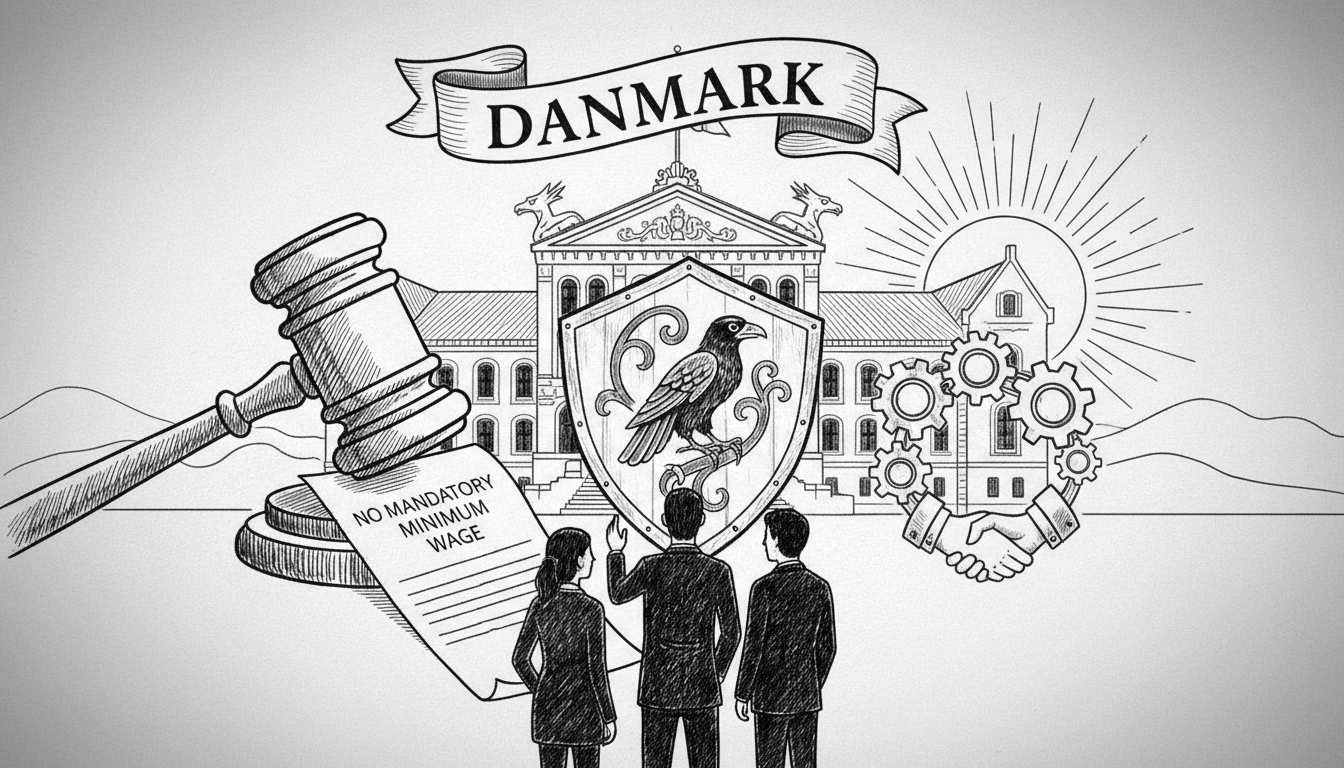Denmark will not implement a legally mandated minimum wage system. This follows a crucial European Union court decision on wage regulations. Employment Minister Kaare Dybvad Bek confirmed the development in a statement.
The minister expressed strong satisfaction with the outcome. He stated the ruling clearly recognizes that the EU minimum wage directive overstepped its boundaries. The Danish government had fought to completely annul the directive. While the court didn't go that far, it did strike down provisions that directly interfered with wage formation.
This legal victory preserves Denmark's unique labor market model. The Danish system relies on collective bargaining between employers and unions. Both labor market parties and successive governments fiercely protect this approach. They credit it with creating Denmark's prosperity and maintaining fair working conditions.
The case originated from Denmark's concern about EU overreach. Danish authorities argued the directive violated treaty provisions. They maintained wage setting falls outside EU competence. The government also raised concerns about interference with freedom of association rights.
Denmark's labor model differs significantly from other EU nations. Many European countries lack similar collective bargaining systems. Several member states have pushed for EU-wide minimum wage standards to ensure uniform conditions.
The court maintained some parts of the directive remain in effect. Denmark will need to report certain labor statistics to the European Commission. Minister Bek downplayed this requirement's significance. He emphasized the core achievement protects Denmark's wage negotiation autonomy.
The ruling establishes important boundaries for future EU interventions. It provides legal clarity against potential future interference in Danish labor affairs. This precedent could help Denmark defend its model in future disputes.
This case highlights ongoing tensions between EU harmonization efforts and national labor traditions. Denmark's successful defense demonstrates how member states can push back against Brussels' expanding regulatory reach. The outcome reinforces the principle that wage setting should remain primarily a national competence.
International observers should note this development's implications. It shows the limits of EU social policy integration. The ruling suggests Brussels cannot easily override well-established national labor market systems. This could influence similar debates in other countries with strong collective bargaining traditions.
The Danish labor model continues to deliver positive outcomes. It combines flexibility with worker security. The system maintains high employment rates while ensuring decent wages. Both businesses and workers largely support maintaining this approach rather than switching to legal minimum wages.
Minister Bek concluded that the ruling's most important aspect protects Danish workers and employers. They retain full control over wage negotiations without EU interference. This preserves the foundation of Denmark's labor market success.

